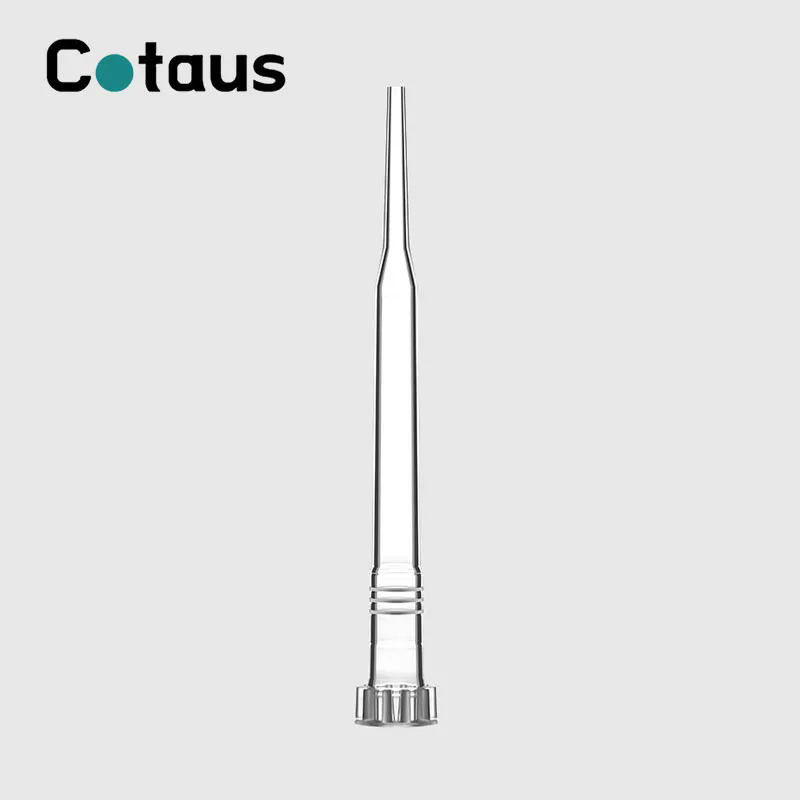Why Are Pipette Tips Essential in Laboratory Work?
2024-10-23
What are pipette tips?
Pipette tips are small, disposable attachments placed on the end of pipettes to accurately transfer liquids in laboratories. They prevent contamination and ensure precision when handling small volumes of liquid, making them indispensable in scientific research and clinical testing.
What types of pipette tips are available?
There are several types, including:
- Standard Tips: General-purpose tips for everyday lab work.
- Filtered Tips: Contain filters to prevent cross-contamination.
- Low-Retention Tips: Reduce liquid adherence, improving accuracy for viscous solutions.
- Sterile Tips: Pre-sterilized to maintain sample integrity in sensitive experiments.
How do pipette tips ensure accuracy and reliability?
By fitting securely onto pipettes, these tips provide consistent liquid measurements. Filtered tips also block aerosols and contaminants, while low-retention options ensure every drop of liquid is dispensed accurately, which is crucial for reproducible results.
In what settings are pipette tips commonly used?
Pipette tips are essential in various fields, including molecular biology, chemistry, pharmaceutical research, and medical diagnostics. They are often used for tasks such as preparing samples, conducting PCR tests, and mixing reagents in small volumes.
How can you select the right pipette tip?
Choosing the right tip depends on the application. Factors like the volume range, type of liquid, and sterility requirements must be considered. Using high-quality, compatible tips with your pipette ensures better performance, minimizes errors, and prevents contamination.



